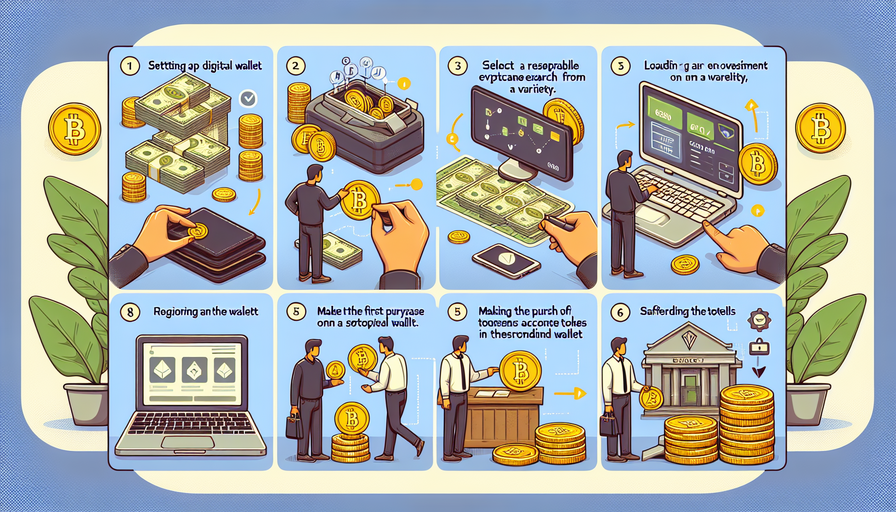In today’s digital age, social media platforms like Facebook have become an integral part of our lives. With the vast amount of personal information stored on these platforms, it’s no wonder that hacking into someone’s Facebook account has become a common goal for many individuals. While hacking into someone’s account is illegal and unethical, it’s important to understand how hackers operate in order to protect yourself from falling victim to such attacks.
Understanding the Risks of Hacking
Before delving into the technical aspects of hacking a Facebook account, it’s crucial to understand the risks involved. Hacking into someone’s account without their consent is a violation of privacy laws and can have serious legal consequences. Additionally, hacking can lead to identity theft, financial loss, and damage to personal relationships. It’s important to always seek permission before attempting to access someone else’s account.
Phishing Attacks
One common method used by hackers to gain access to Facebook accounts is through phishing attacks. Phishing involves creating fake login pages that mimic legitimate websites in order to trick users into entering their login credentials. These fake pages are often sent via email or social media messages and appear authentic, making it easy for unsuspecting users to fall victim.
To protect yourself from phishing attacks, always verify the authenticity of the website before entering your login credentials. Check for secure connections (https://) and look out for any suspicious URLs or email addresses. If you receive an unsolicited message asking for your login information, do not click on any links and report it as spam.
Brute Force Attacks
Another method used by hackers to hack into Facebook accounts is brute force attacks. This technique involves trying multiple combinations of usernames and passwords until the correct one is found. While this method can be effective, it requires a significant amount of time and computing power.
To protect yourself from brute force attacks, use strong and unique passwords for all your online accounts. Avoid using easily guessable passwords such as “123456” or “password” and enable two-factor authentication whenever possible. Two-factor authentication adds an extra layer of security by requiring a second form of verification in addition to your password.
Social Engineering
Social engineering is another common tactic used by hackers to gain access to Facebook accounts. This technique involves manipulating individuals into divulging confidential information or performing actions that compromise their security. Hackers may impersonate trusted individuals or use psychological tactics to deceive their targets.
To protect yourself from social engineering attacks, be cautious when sharing personal information online and avoid clicking on suspicious links or downloading attachments from unknown sources. Verify the identity of individuals requesting sensitive information and never disclose your login credentials to anyone.
Conclusion
While hacking into someone’s Facebook account may seem tempting, it’s important to remember that such actions are illegal and unethical. By understanding the methods used by hackers and taking proactive measures to protect your own accounts, you can safeguard your personal information and prevent falling victim to cyberattacks.
Remember, always respect others’ privacy and seek permission before attempting any form of unauthorized access. Stay informed about cybersecurity best practices and remain vigilant against potential threats in order to stay safe online.


